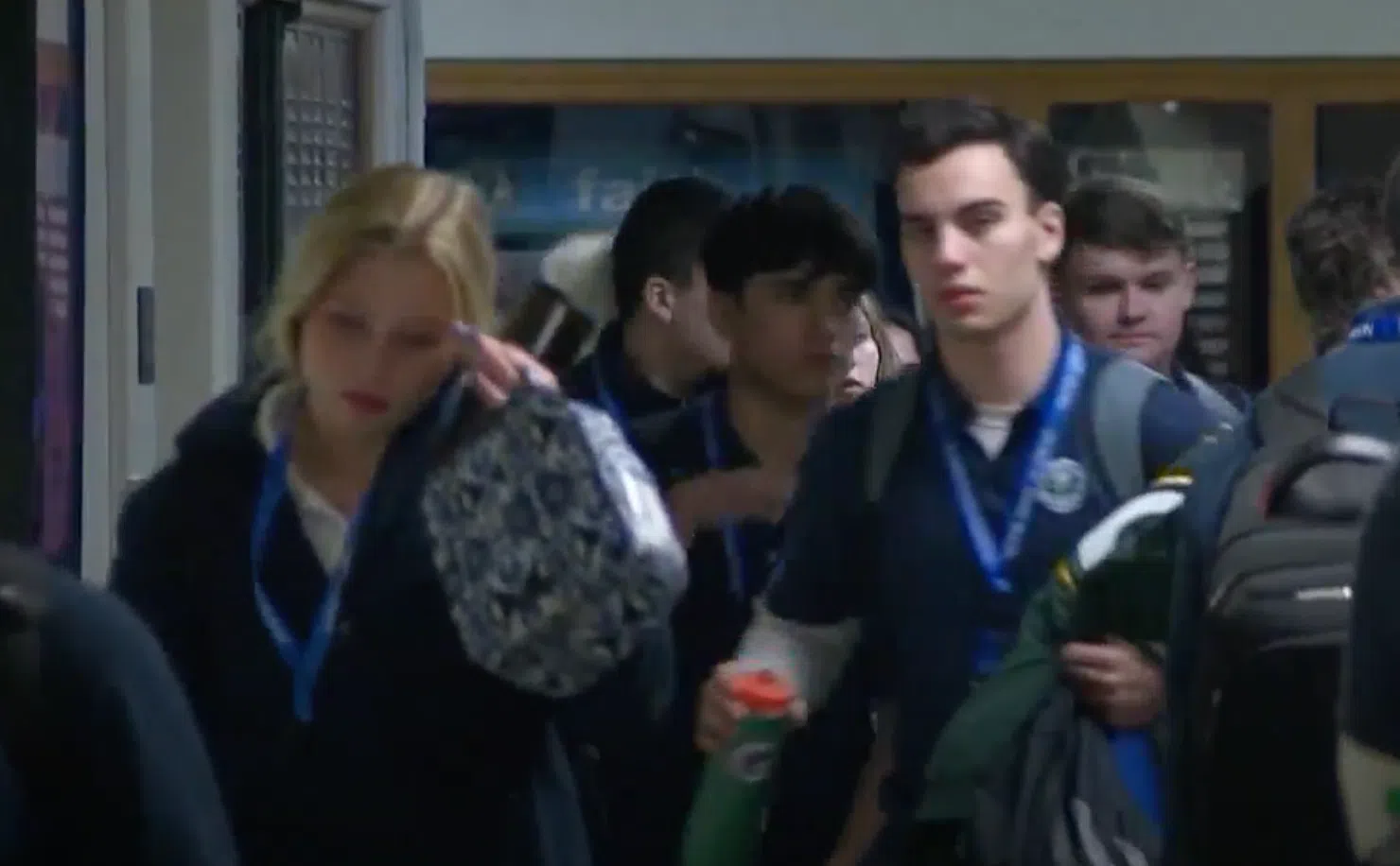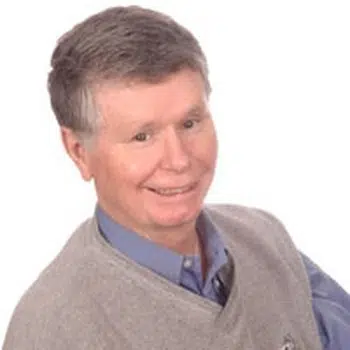GREEN BAY, WI (WTAQ-WLUK) — Demand for Wisconsin’s private school voucher programs appears to be on the rise, according to school officials and program advocates.
It comes as the state Assembly has passed a bill to expand the program, with the Senate expected to do the same soon.
Governor Tony Evers is expected to veto the bill. However, the plan could come back if a Republican takes the governor’s race this November.
The most recent Marquette Law School poll shows 59 percent of respondents support allowing all students statewide to use publicly funded vouchers for private or religious schools. 37 percent oppose the move.
On the first day of the current enrollment period for Wisconsin’s Private School Choice Program, the website crashed. The Department of Public Instruction said it was due to high volume.
“I thought wow look at the demand,” said Karen Konop, director of external programs for Notre Dame Academy in Green Bay. “I think there is a demand out there. I think parents are just anxious to find out what it was about.”
This year, 27 percent of Notre Dame’s 755 students had their tuition paid by a taxpayer-funded voucher.
Since taking part in the program in 2013, Konop says the number of seats made available each year to the voucher program have been filled or been close to filled.
“Our school truly reflects the community now that we live in with the diversity and families of all economic standards that are in school,” said Konop.
In the statewide program, 6 percent of a school district’s population could take advantage of the program this year. It goes up a percent each year, until 2026-2027 when there will no longer be a cap.
There are also income limits to be eligible. For a family of four it is $58,300.
A Republican-led effort would eliminate both the enrollment and household income limits.
“Parents, you’re paying property taxes and state taxes and we’re going to let you decide what school works best for your child and we’re going to allow you to send your child there,” said State Sen. Roger Roth, R-Appleton.
The Department of Public Instruction estimates these changes could raise property taxes by as much as $577.3 million. That number is based on 67,869 additional public school students taking advantage of the expanded program.
Jim Bender of School Choice Wisconsin, a nonprofit advocate for private school vouchers, says it’s something that will never happen, especially next school year.
“I would call it an abuse of a state agency’s power to try to negatively impact the voucher program, because anybody that knows the program like myself and like DPI, they know it’s just impossible to have happen what they said was going to happen,” said Bender.
While a property tax increase might not be that steep immediately, Democrats contend it would come and they say it’s unnecessary.
“What it would do is it would just give a huge subsidy to those parents who are already sending their kids to private schools,” said State Sen. Chris Larson, D-Milwaukee.
FOX 11 asked Bender why taxpayers should have to pay for private school for students whose families are already able to afford it.
“You’ve got 40% proficiency rates for math and reading in the state of Wisconsin,” said Bender. “Less than half our kids are reading proficiently. If parents are seeking options for a myriad of reasons, but academic being one of them, we should be investing in students and investing in education, not simply systemsBy the way, all those parents that are accessing those funds are also taxpayers.”
For most students in the statewide program, their voucher is paid for locally, through a reduction in the resident school district’s state general aid. However, a district is allowed to recoup the losses by raising local taxes.
In the Green Bay Area Public School District, 1,034 private students received a voucher or Special Needs Scholarship this year. The district was able to levy more than $8.5 million to make up for the lost state aid from students taking the vouchers.
“I think that is an invisible cost that most people don’t understand,” said Stephen Murley, superintendent of the Green Bay Area Public School Districct. “So you’re paying a percentage of the cost for students in the Green Bay Area Public School District out of your local property taxes, but you’re paying 100% of the cost of any student who is in the voucher program.”
That’s just the first year. In the second year a student takes a voucher, Green Bay doesn’t have to rely as much on local taxpayers to foot the bill. State officials say state money helps. The amount is variable with some districts receiving more than others.
So, if the income and enrollment caps are eventually lifted, what is stopping schools from opening all its seats to the voucher program? Bender says it’s proven to be financially difficult for private schools to operate solely on voucher dollars.
“It’s not so simple on the school side as just flipping a switch and hey we’re going to make all these seats available,” said Bender. “Might it happen at some schools? Potentially, but a lot of schools it’s not. The tuition argument, it is a little bit different, and it really depends on how the school generates its other sources.”
Bender says many private schools are able to take voucher students by charging higher tuition to non-voucher students. He says there are a variety of other financial sources schools also use to cover operational expenses.
Democrats, like Sen. Larson, say taxpayer dollars should have never been part of private school’s funding equation.
“If you would like private security because you don’t like the police service you’re getting, you don’t get a subsidy,” said Larson. “If you want to go to a country club instead of your local park, you don’t get a subsidy. This is just a huge cost to taxpayers.”
At Notre Dame, Konop says the school likes the idea of the voucher program expanding. But the school could probably only handle 50 more total students in the building.
“Then we’d have to expand the building,” said Konop while laughing.
She says to her knowledge, that isn’t an option being discussed.
Next year, tuition at Notre Dame is $7,300.
Konop says the actual cost to educate a student at the school is $11,008. Each student receives a $3,708 in tuition assistance, which Konop says is paid for through “the generosity of many benefactors including the Norbertine community, parish support, the NDA Foundation, and our fundraising efforts.”
Open enrollment for the 2022–23 school year started February 1 and ends April 21.






Comments